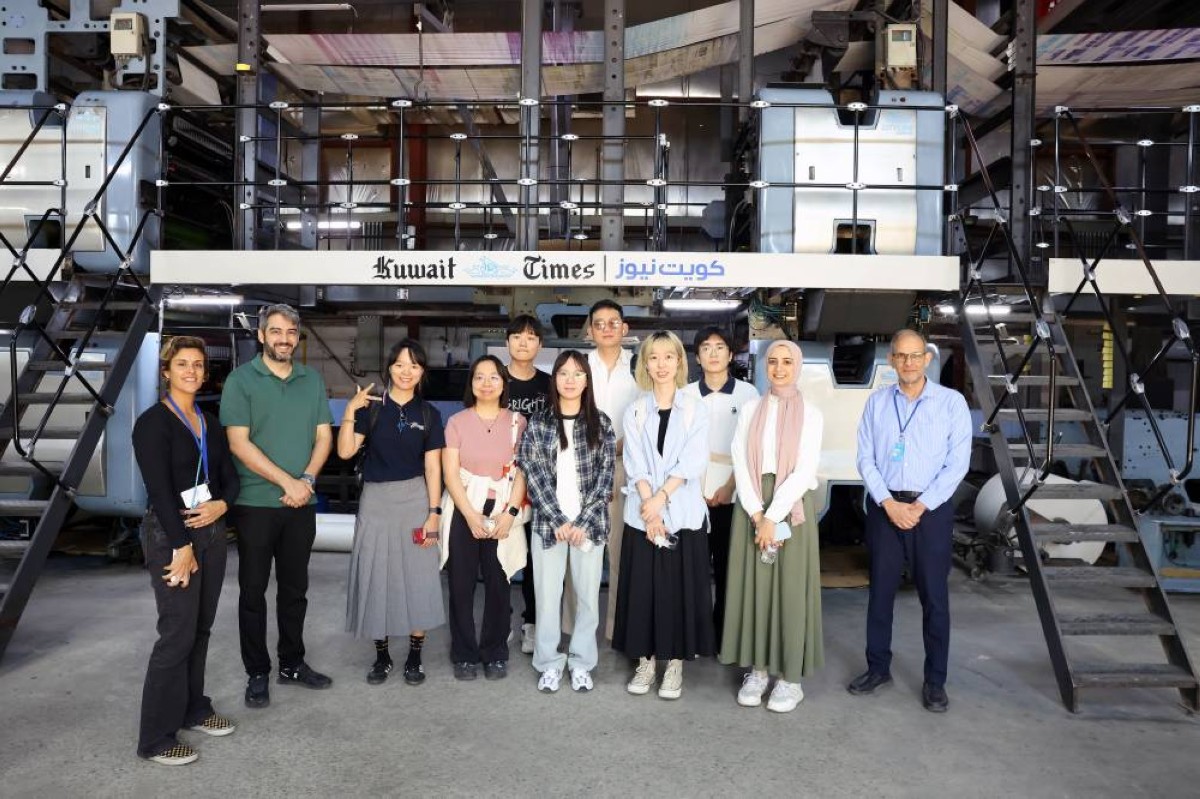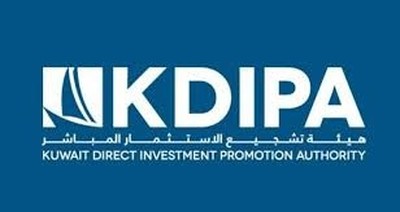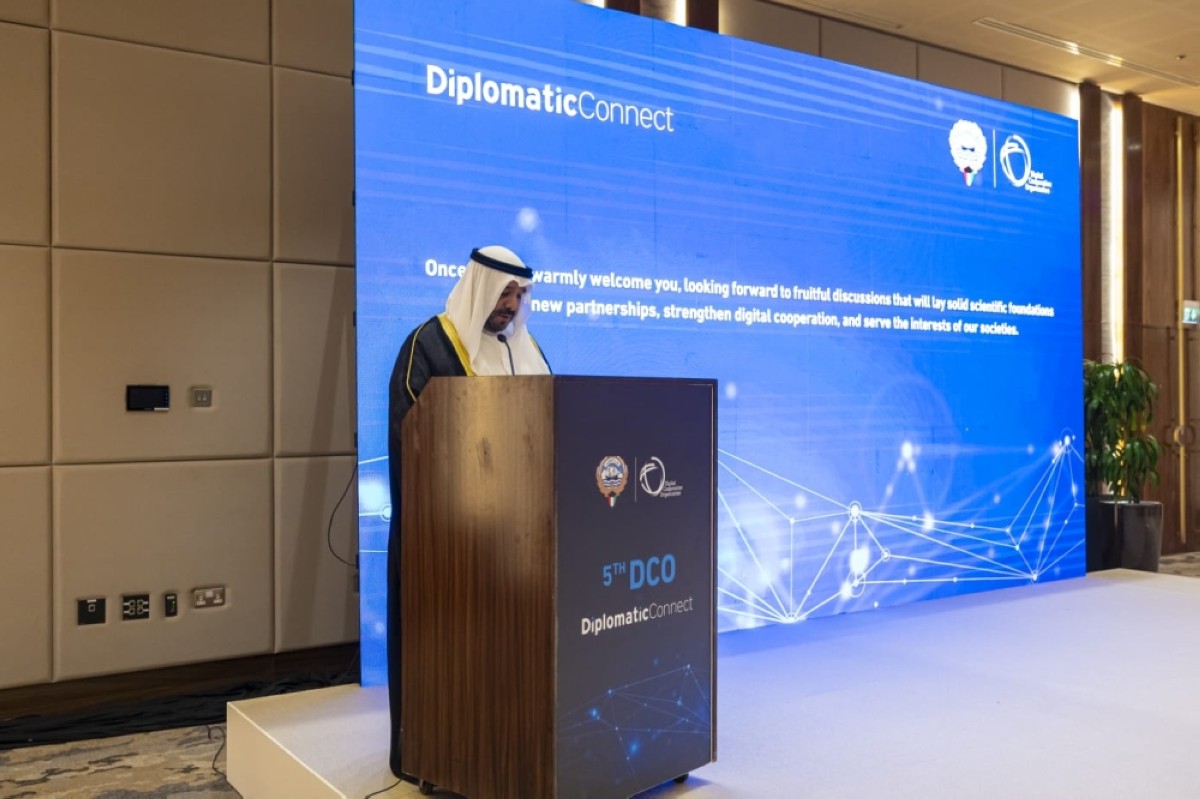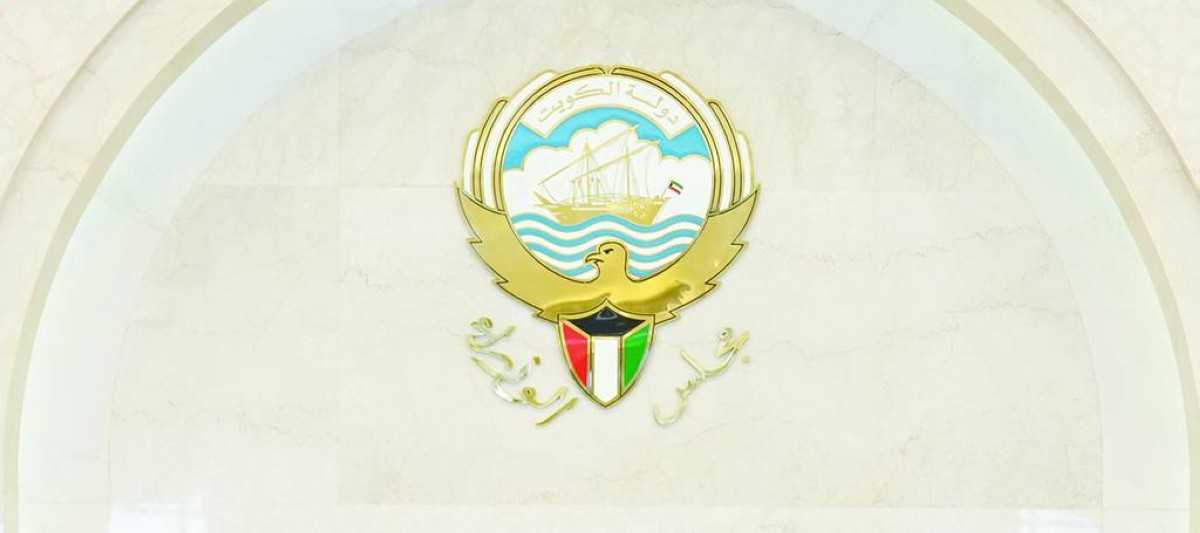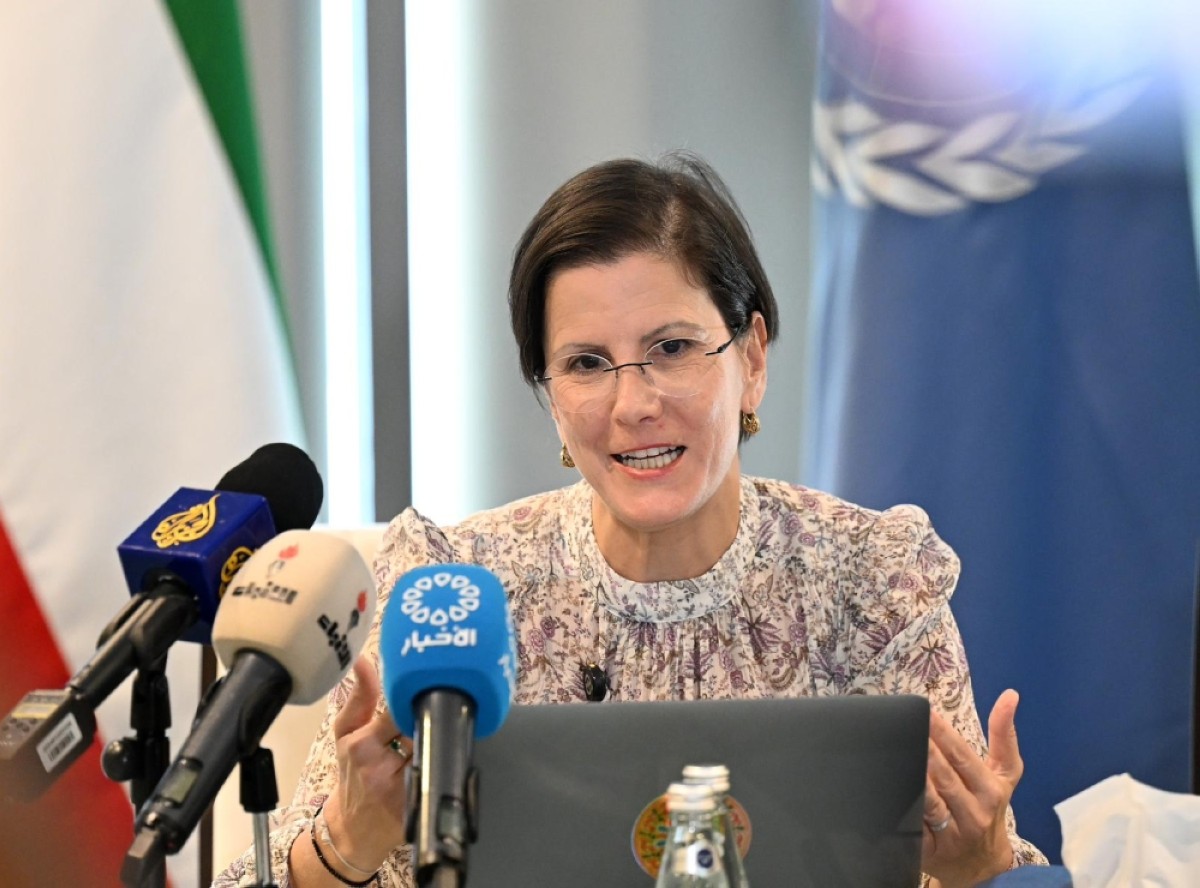KUWAIT: Women in Kuwait continue to face challenges in reporting incidents of violence due to “insufficient specialized judicial courts, ineffective shelters and limited protection systems”, United Nations Special Rapporteur on Violence against Women and Girls Reem Alsalem said on Monday in a press conference held at UN House in Kuwait. She emphasized the need for both immediate improvements — such as strengthening shelters and outreach programs — and broader structural reforms, including the establishment of “a stand-alone ministry or high council on women reporting directly to the prime minister.”
Victims continue to face obstacles in accessing justice, Alsalem stressed, pointing to long litigation processes, social stigma, and poor coordination between police, prosecution, and social services. She noted that while family violence courts and hotlines exist, “all shelters that officially exist were under renovation at the time of my visit and could therefore not be accessed”.
The Special Rapporteur drew attention to the plight of domestic workers and migrant women, who remain highly vulnerable under the sponsorship (kafala) system despite protections under the Domestic Workers Law of 2015. She welcomed recent measures that allow temporary sector transfers but said, “their impact remains limited in the face of insufficient enforcement and limited inspection of work conditions.”
Alsalem also highlighted serious nationality-related challenges. Kuwaiti women married to non-Kuwaiti men cannot pass on their nationality to their children on an equal basis with men. She described the consequences for these children as “systemic legal and social discrimination”, leaving them excluded from senior positions in the public sector and dependent on their mother’s legal status, which they lose upon her death.
Equally concerning, she said, was Kuwait’s recent resort to the withdrawal of nationality, a policy introduced in 2024 that has left tens of thousands affected. “Women bear a disproportionate burden, as the majority of those whose citizenship has been revoked are foreign women who had naturalized via marriage to Kuwaiti men,” Alsalem noted, describing the impact as devastating: Loss of jobs, property, pensions, housing, travel rights and access to basic services. While she acknowledged mitigation efforts such as temporary passports and an online appeals portal, she emphasized the need for an independent appeals mechanism under the judiciary.
Looking ahead, Alsalem underscored the need for better data collection, awareness campaigns to challenge harmful societal norms, and “one-stop shops” that provide safe spaces and comprehensive services for survivors of violence. She urged Kuwait to engage more closely with civil society organizations in running shelters and outreach programs.
Despite these challenges, Alsalem acknowledged Kuwait’s positive steps. She welcomed reforms such as the 2020 Domestic Violence Law, the 2025 Penal Code amendments abolishing leniency in so-called “honor killings,” and the 2025 reform of the Personal Status Law raising the marriage age to 18 for both sexes. She also noted Kuwait’s progress on equal pay for equal work, growing female participation in leadership, judiciary, diplomacy, and sports, and its humanitarian role in crises from Gaza to Sudan.




